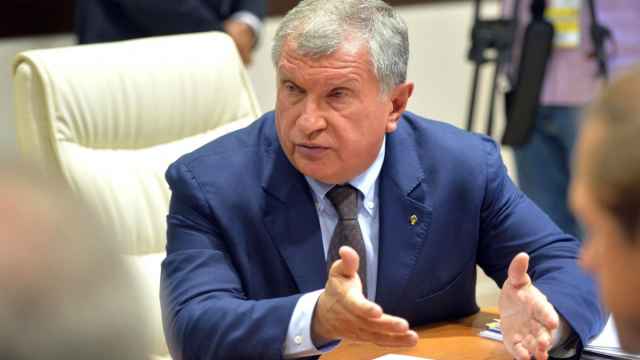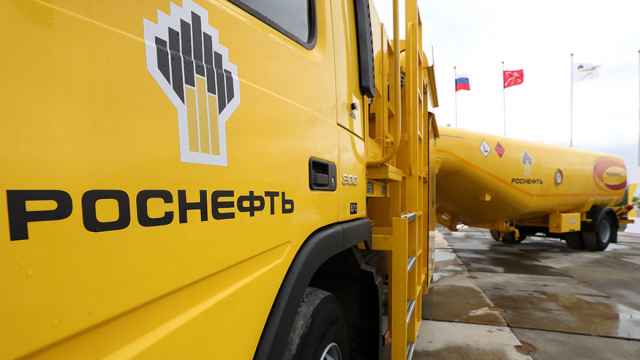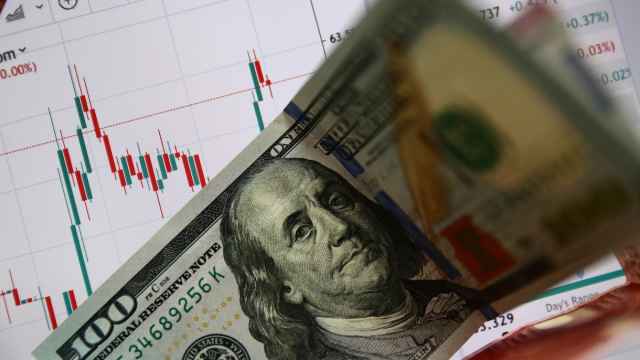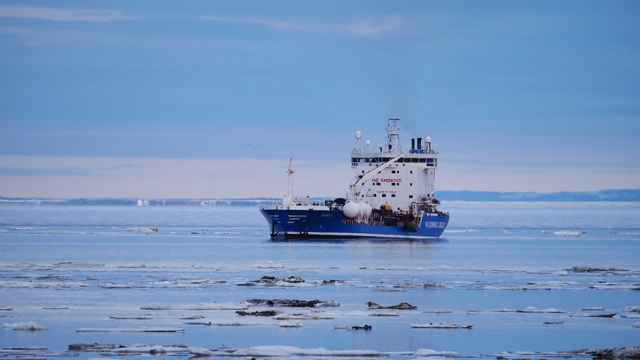Russia's largest oil producer Rosneft on Friday announced a nearly 80% drop in net profit in 2020, following a record plunge in crude oil demand caused by the coronavirus pandemic.
The state-controlled producer declared a net profit of 147 billion rubles ($2 billion) in 2020, down 79% compared to the previous year.
In 2019, before the onset of the pandemic and its devastating impact on the oil and gas industry, Rosneft — in which Britain's BP has a 19.75% stake — recorded a net profit of 705 billion rubles ($9.5 billion).
Rosneft CEO Igor Sechin said in a statement that the results remained positive "despite the difficulties of 2020" and allowed for the payment of dividends to shareholders.
In comparison, other oil giants, such as Shell and BP, announced huge losses in 2020.
Rosneft's results suffered in particular during the third quarter, dipping into negative with a net loss of 64 billion rubles ($870 million) before recovering with a profit of 324 billion ($4.4 billion) in October-December.
This was mainly due to the sale of a 10% share in Rosneft's giant Vostok Oil project in the Arctic to Singapore's commodities trader Trafigura.
In 2020, Rosneft announced the start of operations for Vostok Oil which Sechin described as the "world's largest new hydrocarbon project."
The head of Rosneft said production was expected to start in 2024 with the aim of reaching an output of 100 million tons by the start of the next decade.
The price war which broke out between Russia and Saudi Arabia in March last year caused an unprecedented collapse in oil prices, on top of the drop in demand during the pandemic.
After oil prices moved into negative territory, OPEC member countries and their allies agreed to significantly cut production.
Despite prices steadily recovering they are still below the levels of early 2020.
A Message from The Moscow Times:
Dear readers,
We are facing unprecedented challenges. Russia's Prosecutor General's Office has designated The Moscow Times as an "undesirable" organization, criminalizing our work and putting our staff at risk of prosecution. This follows our earlier unjust labeling as a "foreign agent."
These actions are direct attempts to silence independent journalism in Russia. The authorities claim our work "discredits the decisions of the Russian leadership." We see things differently: we strive to provide accurate, unbiased reporting on Russia.
We, the journalists of The Moscow Times, refuse to be silenced. But to continue our work, we need your help.
Your support, no matter how small, makes a world of difference. If you can, please support us monthly starting from just $2. It's quick to set up, and every contribution makes a significant impact.
By supporting The Moscow Times, you're defending open, independent journalism in the face of repression. Thank you for standing with us.
Remind me later.






